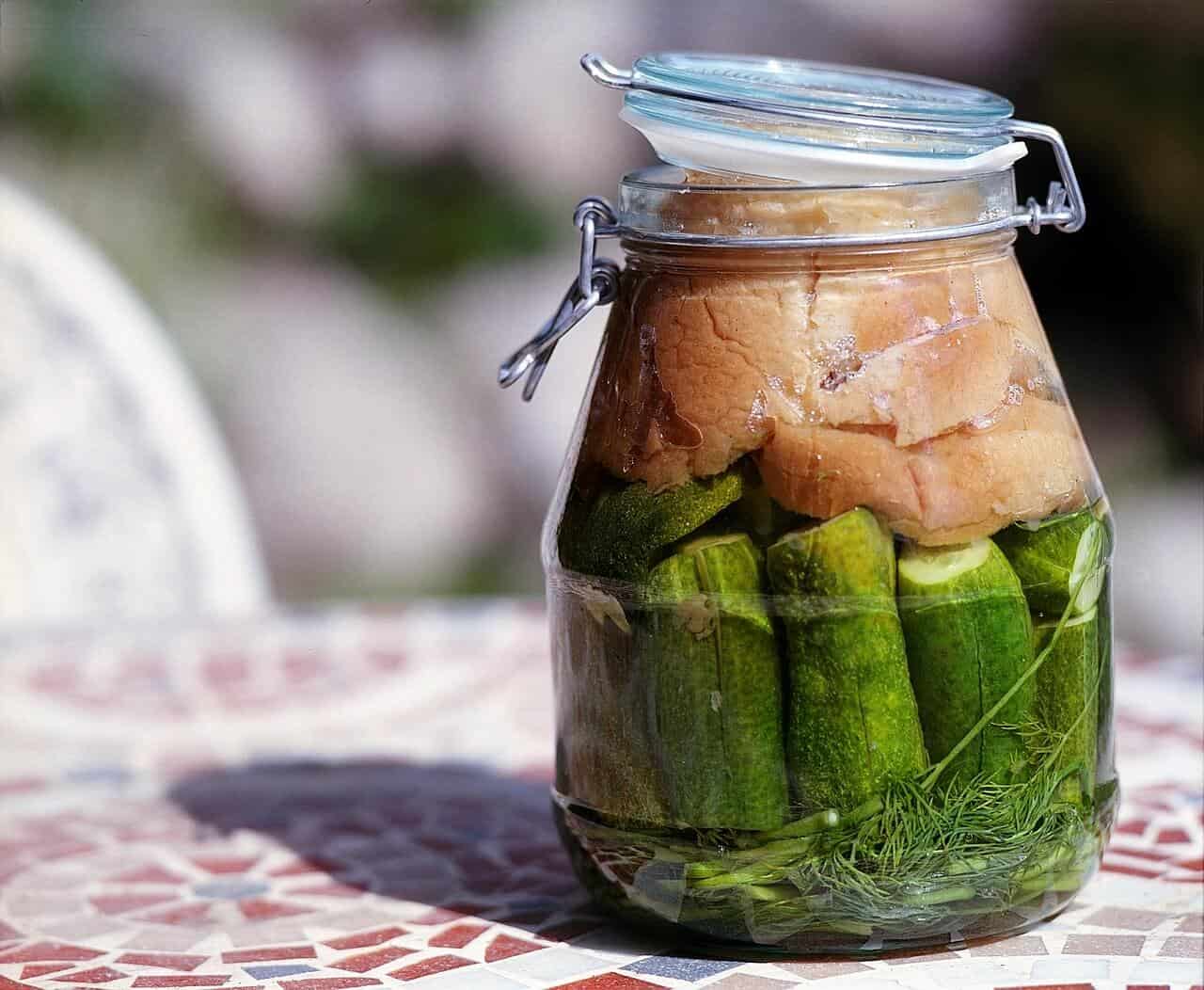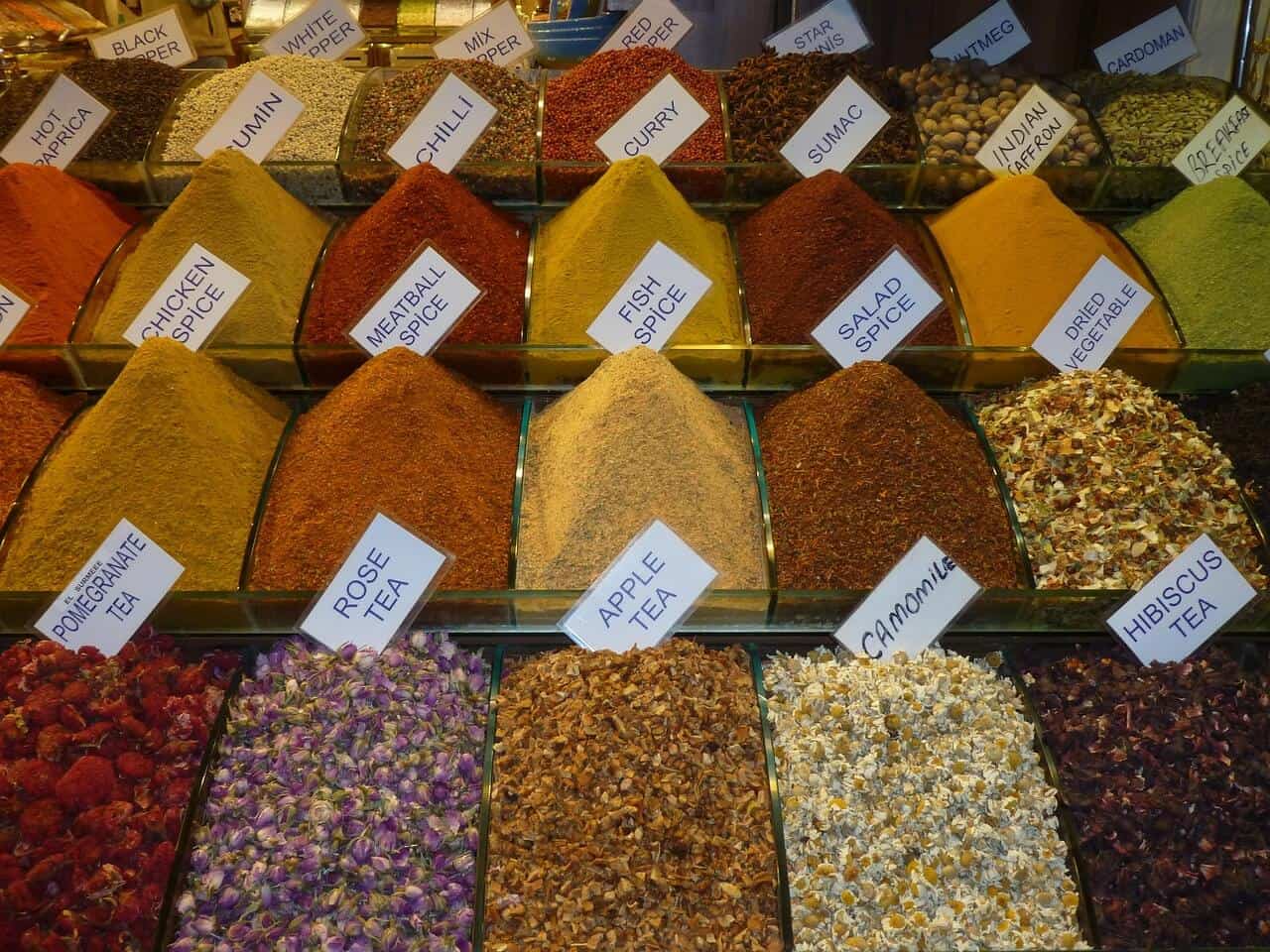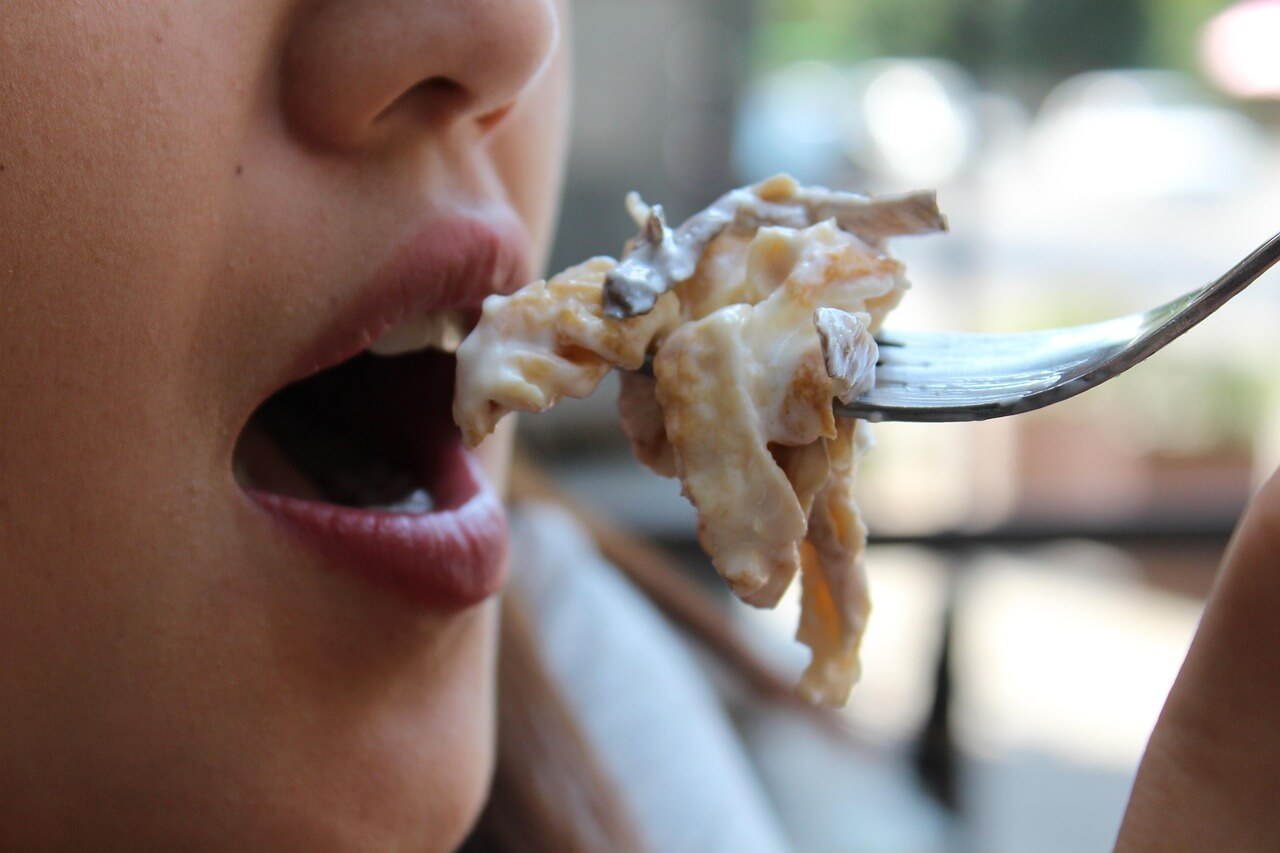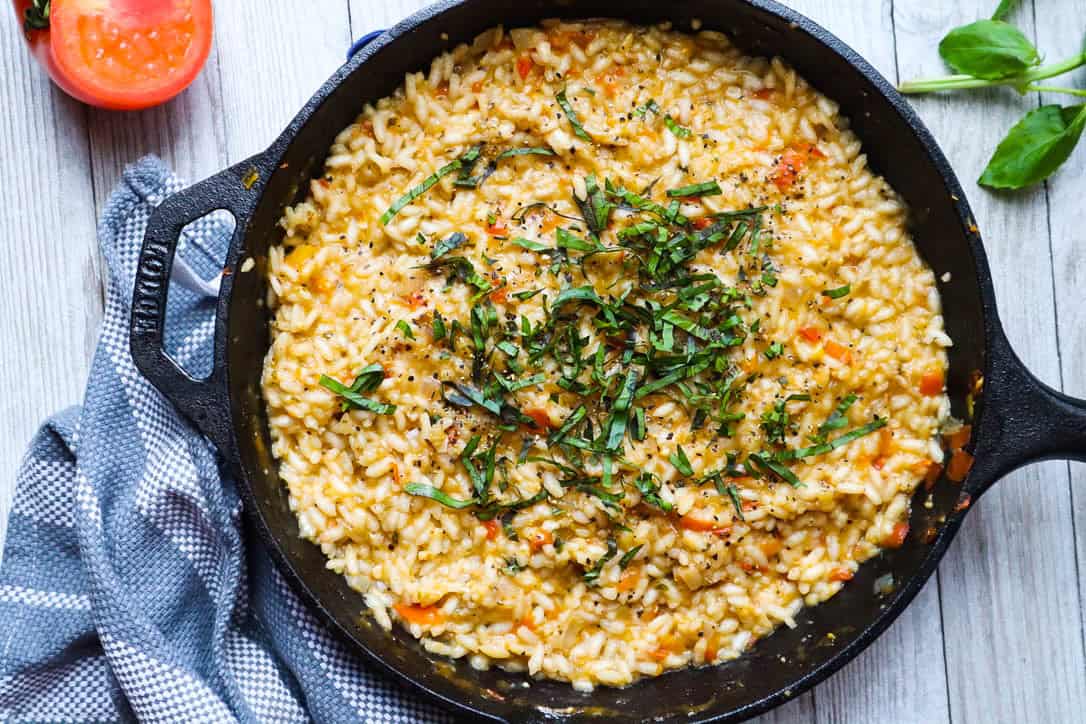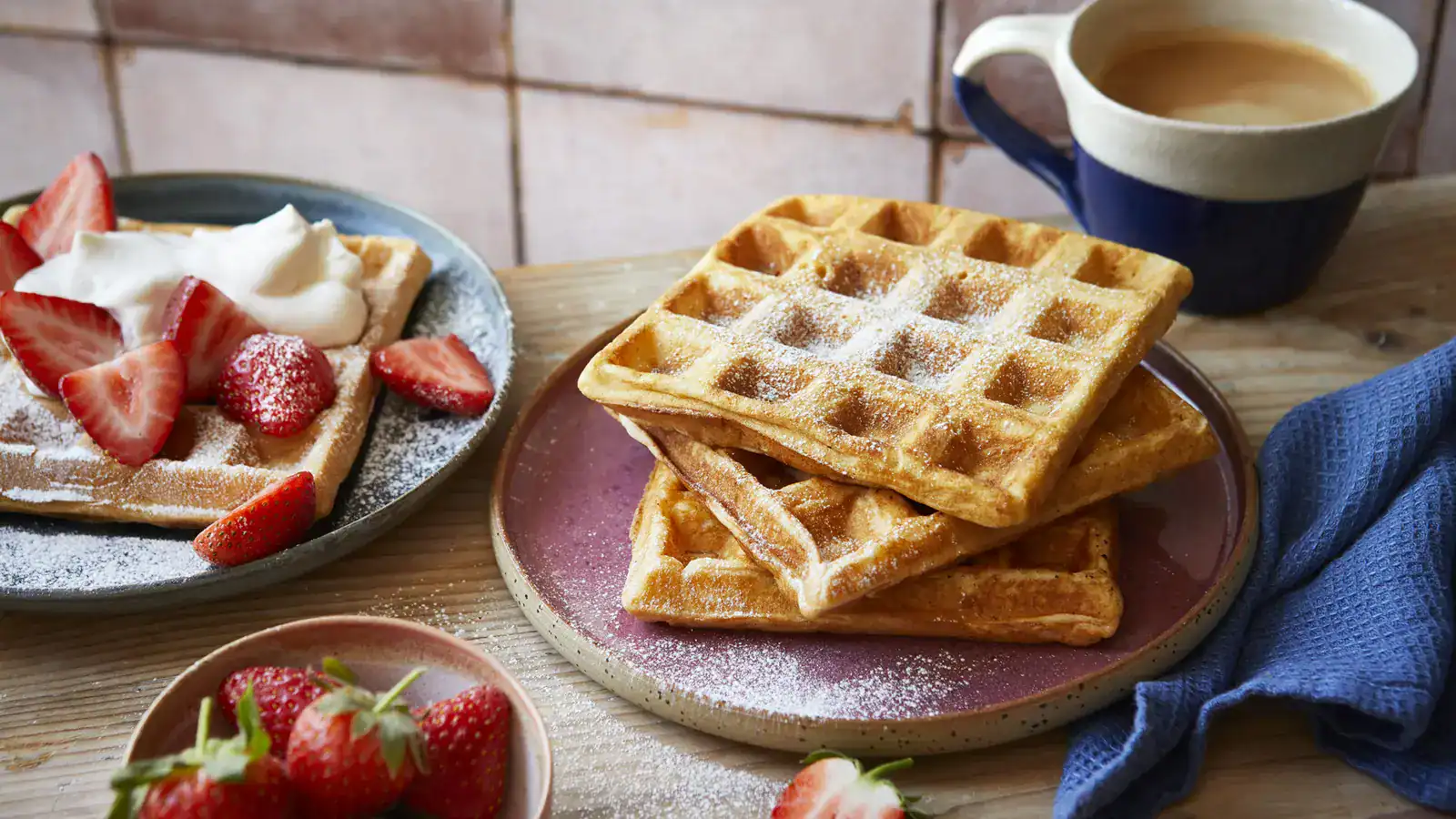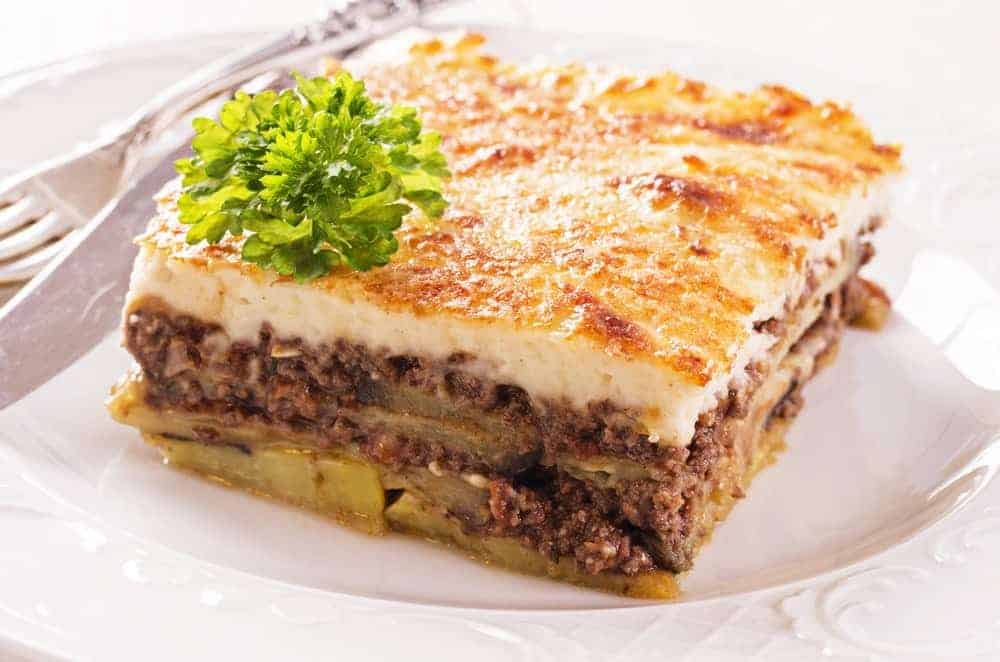Your eyes are your windows to the world, allowing you to see the beauty of nature, the faces of loved ones, and the everyday details of life. Yet, many of us take our vision for granted, often neglecting to nourish our eyes with the nutrients they need to stay healthy. While genetics and age play significant roles in eye health, diet is an often-overlooked factor that can significantly influence your vision.
This comprehensive guide explores the importance of nutrition for your eyes, the essential nutrients required for optimal vision, and the top foods to include in your diet to keep your eyes healthy.
Understanding Vision Health
The Anatomy of Vision
The human eye is a complex organ that relies on various structures working together to process light and create the images we see. The retina, macula, cornea, and optic nerve are vital components, each requiring specific nutrients to function optimally.
Common Vision Problems
As we age, the risk of developing eye conditions such as cataracts, macular degeneration, and glaucoma increases. Other common problems include dry eyes, blurry vision, and reduced night vision. While not all eye issues are preventable, maintaining a nutrient-rich diet can lower your risk and delay the progression of certain conditions.
Essential Nutrients for Eye Health
- Vitamin A
- Why It’s Important: Vitamin A is crucial for maintaining the health of the retina and ensuring good night vision. A deficiency can lead to night blindness and dry eyes.
- Sources: Sweet potatoes, carrots, and dark leafy greens.
- Lutein and Zeaxanthin
- Why They’re Important: These carotenoids act as antioxidants, protecting the macula from harmful blue light and oxidative stress.
- Sources: Spinach, kale, and eggs.
- Omega-3 Fatty Acids
- Why They’re Important: Omega-3s support the retina and reduce the risk of dry eye syndrome.
- Sources: Salmon, mackerel, and walnuts.
- Vitamin C
- Why It’s Important: This antioxidant helps prevent cataracts and slows the progression of macular degeneration.
- Sources: Oranges, strawberries, and bell peppers.
- Vitamin E
- Why It’s Important: Vitamin E protects eye cells from free radicals that can cause oxidative damage.
- Sources: Almonds, sunflower seeds, and peanuts.
- Zinc
- Why It’s Important: Zinc helps transport vitamin A from the liver to the retina to produce melanin, a protective pigment in the eyes.
- Sources: Oysters, beef, and pumpkin seeds.
- Beta-Carotene
- Why It’s Important: This precursor to vitamin A helps maintain good vision and overall eye health.
- Sources: Carrots, apricots, and squash.
- Anthocyanins
- Why They’re Important: Found in deeply colored berries, anthocyanins improve blood flow to the retina and reduce inflammation.
- Sources: Blueberries, blackberries, and cherries.
Top Foods for Vision Health
1. Carrots
- Nutrient Highlight: Beta-carotene and vitamin A.
- Why They’re Good: Carrots are famous for their ability to improve night vision by supporting the retina.
2. Leafy Greens
- Nutrient Highlight: Lutein, zeaxanthin, and vitamin C.
- Why They’re Good: Spinach, kale, and collards protect against macular degeneration and cataracts.
3. Fish
- Nutrient Highlight: Omega-3 fatty acids.
- Why They’re Good: Fatty fish like salmon, tuna, and sardines combat dry eye syndrome and support the retina.
4. Citrus Fruits
- Nutrient Highlight: Vitamin C.
- Why They’re Good: Oranges, lemons, and grapefruits provide antioxidants that protect eye tissues.
5. Eggs
- Nutrient Highlight: Lutein, zeaxanthin, and zinc.
- Why They’re Good: The yolk is a rich source of nutrients that improve the macula’s function.
6. Nuts and Seeds
- Nutrient Highlight: Vitamin E and omega-3s.
- Why They’re Good: Almonds, sunflower seeds, and flaxseeds prevent oxidative stress in the eyes.
7. Blueberries
- Nutrient Highlight: Anthocyanins.
- Why They’re Good: These berries improve retinal function and blood circulation.
8. Sweet Potatoes
- Nutrient Highlight: Beta-carotene and vitamin A.
- Why They’re Good: Sweet potatoes enhance night vision and prevent dryness.
9. Bell Peppers
- Nutrient Highlight: Vitamin C.
- Why They’re Good: These colorful vegetables protect against cataracts and support the blood vessels in your eyes.
10. Whole Grains
- Nutrient Highlight: Zinc and vitamin E.
- Why They’re Good: Brown rice, quinoa, and oats help reduce inflammation and prevent eye diseases.
Eye-Friendly Eating Habits
- Incorporate a Variety of Colors
Eating a rainbow of fruits and vegetables ensures you get a wide range of nutrients beneficial for eye health. - Limit Processed Foods
High-sugar and high-fat diets can contribute to inflammation, increasing the risk of vision problems. - Stay Hydrated
Drinking enough water helps prevent dry eyes and maintains overall health. - Cook Smart
Steaming or lightly sautéing vegetables preserves their nutrients better than boiling.
Lifestyle Tips for Better Vision
While diet plays a crucial role in maintaining eye health, other lifestyle habits are equally important.
- Wear Sunglasses: Protect your eyes from UV rays to reduce the risk of cataracts.
- Take Breaks from Screens: Follow the 20-20-20 rule: every 20 minutes, look at something 20 feet away for 20 seconds.
- Quit Smoking: Smoking increases the risk of macular degeneration and other eye diseases.
- Regular Eye Exams: Routine check-ups can detect issues early and keep your vision in top shape.
Conclusion
Your diet profoundly impacts your eye health, influencing everything from the clarity of your vision to the long-term health of your eyes. By incorporating nutrient-rich foods like leafy greens, fatty fish, and citrus fruits into your daily meals, you can nourish your eyes and protect them from common age-related conditions.
Remember, your eyes are a lifetime investment. Start eating for your eyes today, and enjoy the beauty of the world with clarity and vibrancy for years to come.
4o


